A Distant Shore

Just over a hundred and fifty people, including many children, were recently transferred from a ship they’d been held on for almost a month, taken to the Curtin detention centre, then to Nauru, without being able to consult their lawyers. It reminded me of The Tampa and other ocean encounters twelve years ago that made me decide to write A DISTANT SHORE.
I have always had an interest and deep concern for migrants, asylum seekers and newcomers to this country. It began, strangely, with my experience of being new to England, when my wife and I decided to take the plunge and go there with our two small children. We experienced first-hand the nervous and lonely feeling of starting afresh and being on our own without help in a strange environment. Ever since then I have been able to understand the way newcomers feel, particularly those who seek refuge in Australia where we often lock them up, or make them feel unwelcome with a litany of abusive names like ‘reffos’ or ‘wogs’, even the acerbic sounding ‘illegal queue jumpers’.
I became angry at the way our government treated those refugees on board a ship called The Tampa and vessels like it, as if escaping from torture or death was a criminal offence deserving incarceration in bleak and remote detention centres, where they are isolated and ill-treated. But the final compulsion to write this book came in 2001, from the tragic sinking of a vessel that became known at SEIV X, in which three hundred and sixty five people were drowned, and one hundred and forty two of them were children.
There was a photo in the press that day, a heartbreaking picture of three beautiful young girls, three sisters from the same family, ages six, seven and nine, who had been on SEIV X and drowned. I pinned the photograph above my desk, and that same day began to write this novel.
I had some assistance from a group of human rights lawyers who were giving their services pro bono to assist those in detention, and also from the warm hearted visitors and members of the “Bridge for Asylum Seekers Foundation” (BASF), all of them trying to help show those behind the razor wire that they were not alone. I tried to express my feeling about the way we were treating asylum seekers in a note at the end of my book published in 2010 –
“The enemy of my enemy is my friend, according to the old proverb, but this is not the case in Australia. We are at war against Iraq and Saddam Hussein, while we imprison those who flee from his brutality.”
The three little girls in the photo above my desk were Iraqis.



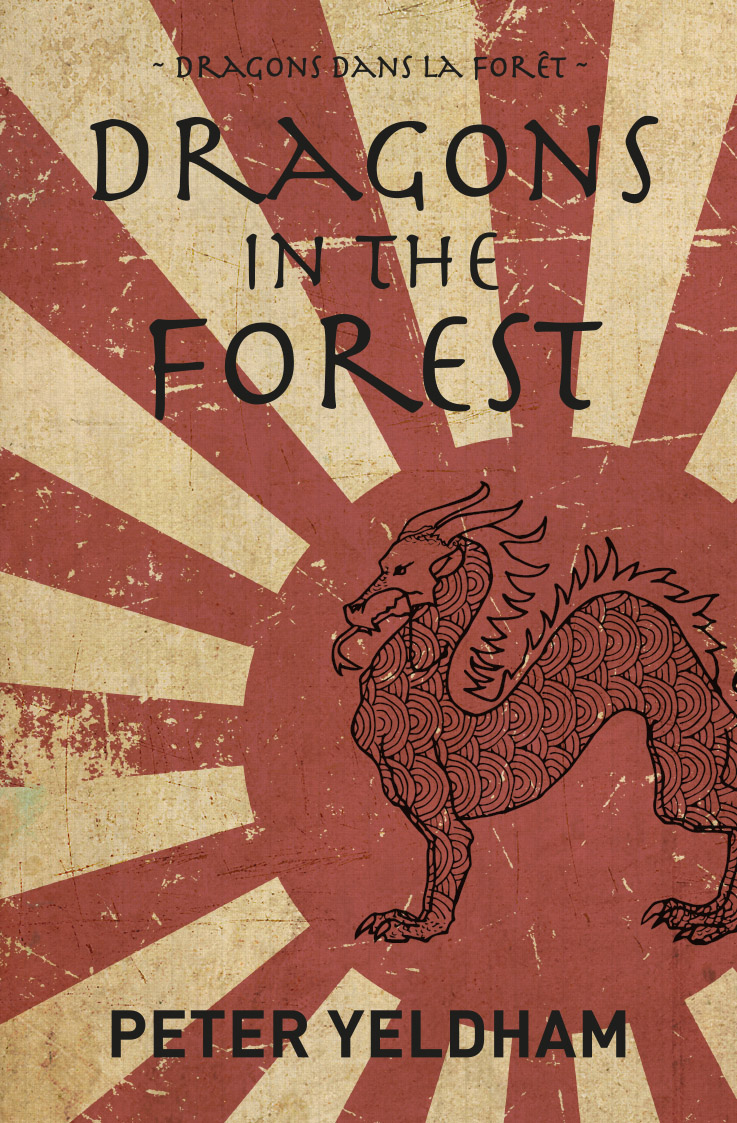

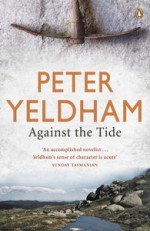



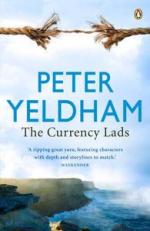
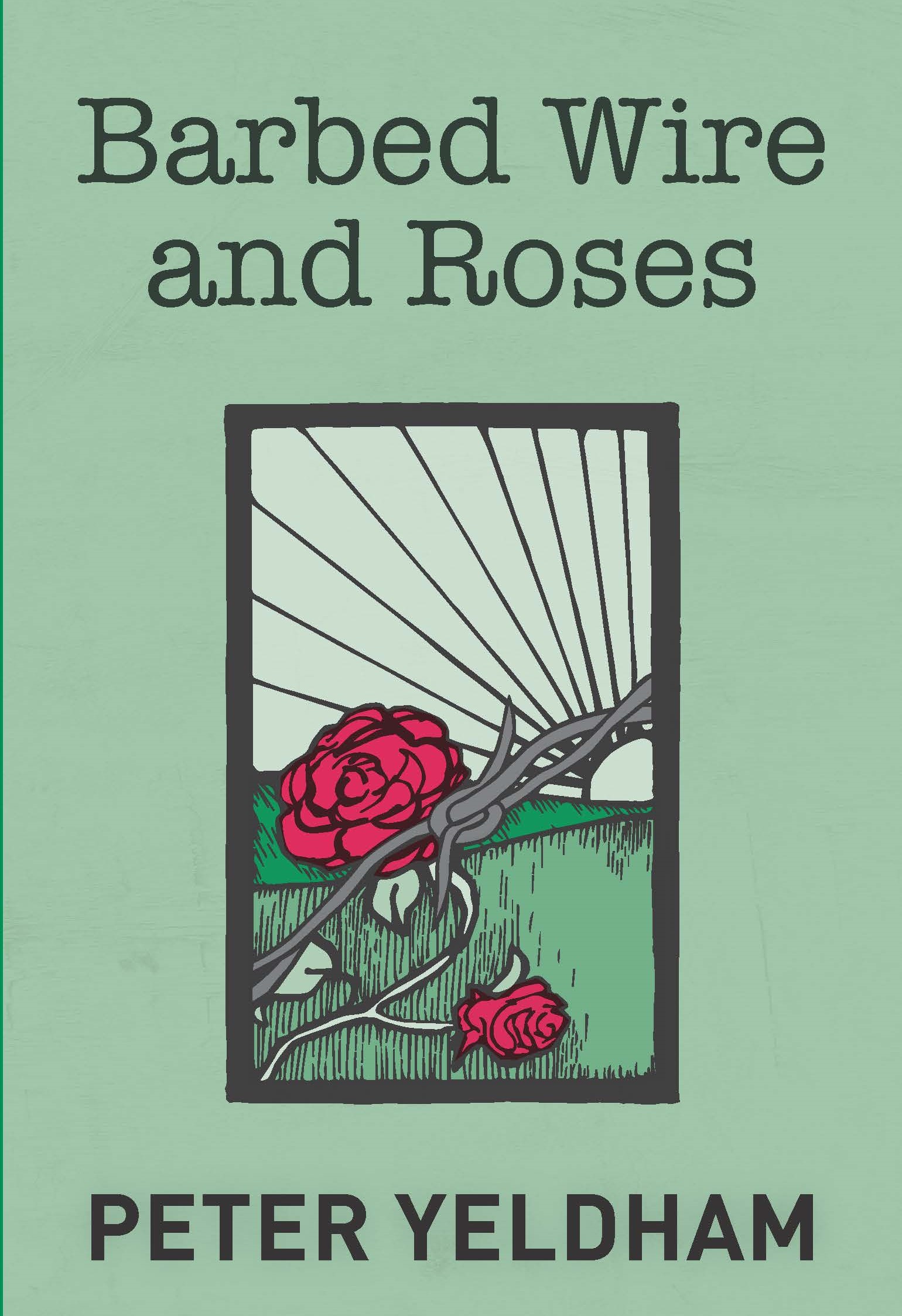
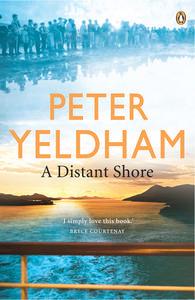
It always intrigues me how quickly we forget how close most of us still are to immigrants. For me I am only a second generation American – having grandparents who all arrived around 1900 from the four corners of Europe, Germany, Italy, Russia and Ireland…Similarly in Australia many Aussies are only a generation from other cultures yet we are led to believe these few people are some sort of invasion. Peter writes with care and empathy and it is through such works that minds can be changed and narrow views broadened to take in a much larger vista. I highly recommend A Distant Shore.
When reading ‘a Distant Shore’ I can remember clearly the empathy expressed throughout.
I too have shared my concerns for people fleeing their home land. Many of my colleagues viewed my ides as being illogical and not safe. But the more I think about what would make me flee my home, my country town, my heritage, the more I see just how desperate one must be to do this.
I ask myself
Where’s my compassion?
Where’s my generosity?
What would I do if I were in their situation?
God knows, But I do feel there must be a better way to help surely.
Thanks for this blog Peter, you have my empathy ablaze again!
Peter,
Its a great work that probes and explores the inhumanity of the government in treating people so poorly, despite the nature of Australia being a refugee colony from the outset, an illegal one at that!
Geopolitics over the centuries stirs up populations through trade and or war – thus the British Ministry – the Department of the Colonies and War…the pattern of conquest and human guinea pig suffering remains the same – hence leaving it to such reviews of history in the context of contemporary society – revealing hopefully to the masses the vicious cycle we are in and have been for two centuries.
I don’t see the solution presently within our political sphere but the common understanding of the people may just cause us to wake up to the grim totalitarian arrangement falling into place – not the representative democracy we bargained for…quite something else…
So individually where we can as you have assist the emigrants with their situation humanely and trust the causes of war and disruption abate so that people have the option of resting, resettling or as many would wish to return home.
Nigel